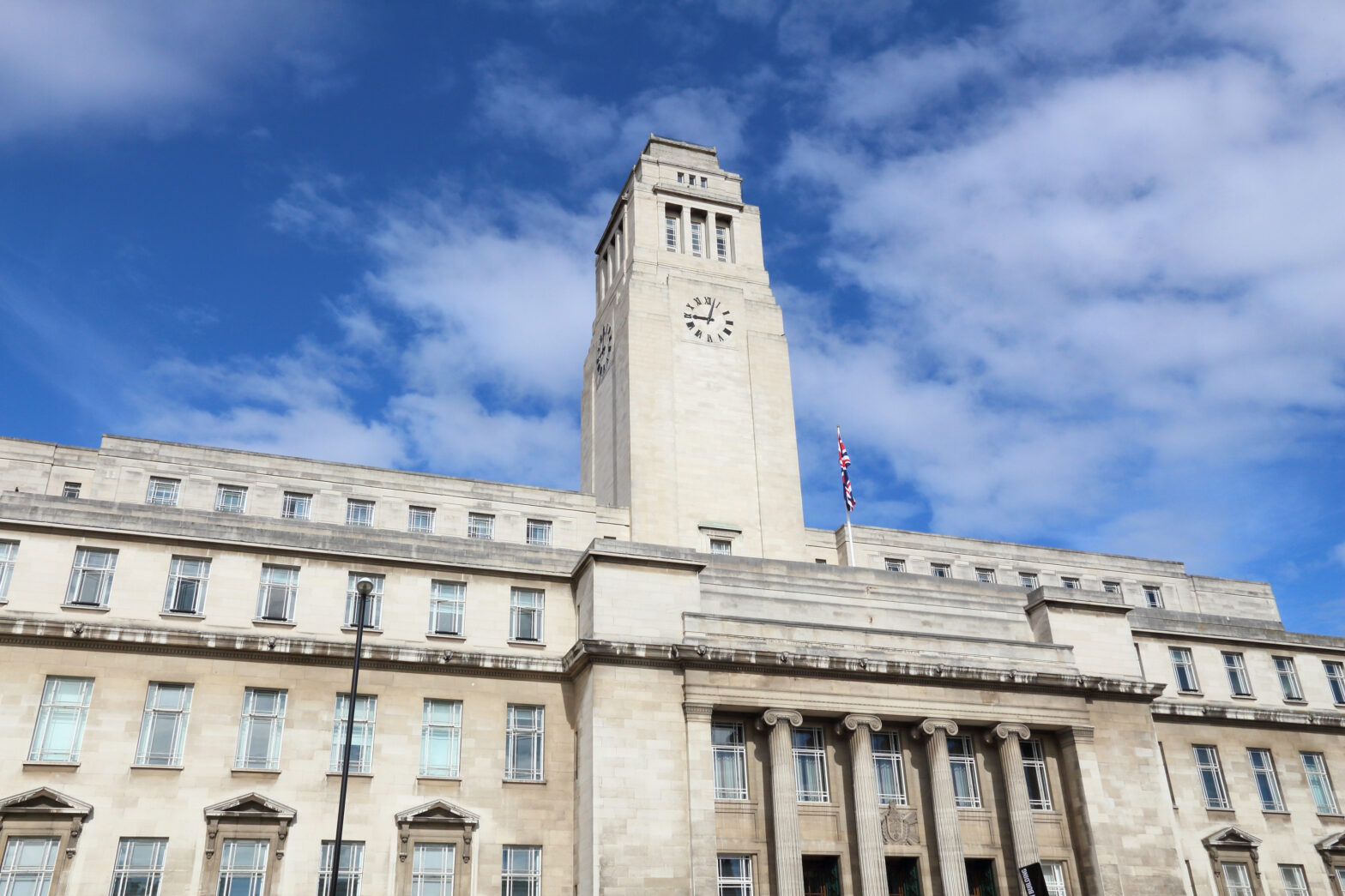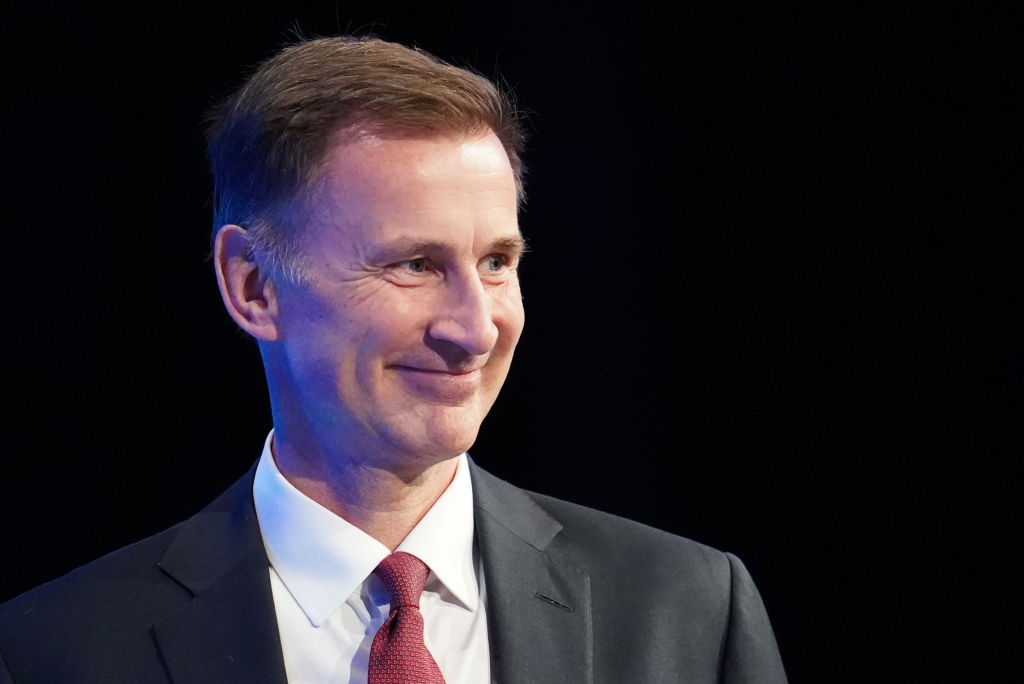UK banks move back into profit and retail sales surpass expectations, but the media sector looks set for serious competition.
UK banks move back into profit and retail sales surpass expectations, but the media sector looks set for serious competition.
Financials
Banks are making money again, sometimes to the annoyance of credit-stretched small businesses and other frustrated clients. As bailed-out, state-backed Lloyds Banking Group prepared to unveil a first-half turnaround from £4 billion losses to profits of £1.6 billion, HSBC, not only Britain’s biggest bank but also uncontaminated with any state rescue, announced a 30 per cent pre-tax profits recovery to £6.4 billion.
The bank denied that it was squeezing small businesses, insisting that most were paying lower interest rates than a year ago. ‘Our customers are shying away from borrowing,’ commented finance director Douglas Flint.
Elsewhere, AIM-quoted broking and investment group Merchant Securities has turned a £4.6 million annual loss into £640,000 pre-tax profits as recent restructuring pays off. Turnover rose 40 per cent to £7.6 million in the year to March, helped by a strong performance on the client wealth management side with a contribution from Cavendish Young, acquired last September. Chief executive officer Patrick Claridge says Merchant Securities, which owns broker John East, is looking for more acquisitions.
Media
Though the near-term media sector outlook remains uncertain, there has been much frenetic activity for investors to follow over recent weeks.
BSkyB pleased its followers with news of an excellent year to June, with pre-tax profits powering ahead from £456 million to £1.17 billion. During the year, the blue-chip benchmark constituent managed to acquire an extra 90,000 customers, bringing its total UK customer base to 9.86 million, ever closer to its ten million target.
CEO Jeremy Darroch highlighted a good fourth quarter of the year, during which the number of customers purchasing high-definition services increased to 429,000. BSkyB has also made much progress in swelling the ranks of customers, now one in five, who are opting to purchase its combined TV, broadband and telephone packages.
Given its inexorable growth, it would appear that BSkyB has nowhere to go but up and there are suggestions that News Corporation, the group’s largest shareholder with a 39 per cent stake, may have to increase its takeover price to north of the informal 700p a share offer made in June.
Elsewhere, HMV has begun the ambitious task of challenging Apple’s iTunes for supremacy in the digital download market. The DVD, music and games giant has launched online download service HMV digital in an attempt to gain a foothold in the sector and profit from the increasing trend to download music digitally.
HMV digital is designed with a ‘Download Manager’, that allows users to synch purchases with both Windows Media player and iTunes. HMV, which reported profits of £68.9 million on £2 billion turnover for the year to April 2010, is clearly competing on price, offering five free songs for users that sign up and top 40 singles for 40p for a limited period, a substantive saving on the 99p that iTunes usually charges for its downloads.
Pharmaceuticals
British big pharma group GlaxoSmithKline (GSK) has informed the market that it will set aside £1.6 billion to cover settlements related to its diabetes treatment, Avandia.
The news follows the US Food and Drug Administration’s recommendation that the drug stay on the market, but should carry with it warnings regarding cardiac risks. Avandia has proved to be a controversial drug, since a 2007 study by cardiologist Steve Nissen linked the medicine to an increased risk of heart attacks.
In addition to the charge relating to Avandia, once the drug of choice for doctors treating patients with type-2 diabetes, GSK is also setting aside £500 million to pay a settlement pertaining to a US government investigation into allegations of manufacturing deficiencies at its site on the island of Cidra in Puerto Rico.
While GSK wrestled with these issues, Britain’s second-largest pharmaceutical firm, AstraZeneca, came closer to winning approval for its anti-clotting drug, Brilinta.
US advisers to the FDA voted, by seven to one, to recommend approval of Brilinta for patients suffering from either heart attacks or chest pains. This now paves the way for the drug to generate projected sales of around $1 billion by 2014, a revenue stream that AstraZeneca will welcome, given that it is facing a loss of patent protection on a number of its established drugs. However, AstraZeneca will have to wait until September before it can be certain that the FDA will give Brilinta the regulatory nod.
Resources
As battered BP faces legislative threats in Washington to its eligibility for future drilling permits in the USA after the Gulf of Mexico oil spill, Dana Petroleum says it has discovered a new oil field at North Zeit Bay in the Gulf of Suez. Dana, criticised by key investors for cold-shouldering a bid approach from the Korean National Oil Company, indicates that a drill stem test at its Fin-1X exploration well produced an average flow rate of 1,049 barrels of oil a day.
On the gem front, Petra Diamonds is lifting output after hoisting annual mine revenues by 88 per cent to $178 million (£116 million). The company attributes this growth to increasing its ownership of South Africa’s Cullinan mine to 74 per cent, as well as acquiring the Kimberley underground mine and selling a ‘remarkable’ 507-carat stone from Cullinan, the ‘Heritage’, for $35.3 million (£23 million).
Rough diamond prices are recovering and Petra plans to treble annual output to more than three million carats by 2019.
Retail
UK business body the CBI says sales on the high street increased in July versus a year ago, surpassing expectations; and what’s more, retailers expect sales growth to continue strongly in August.
In a positive development for the struggling retail sector, the latest CBI Distributive Trades Survey for July, covering 131 companies, revealed that, while 18 per cent of retailers said sales were lower than a year ago, 51 per cent said they rose, giving a balance of +33 per cent.
This balance was not only significantly north of the +11 per cent expected, based on survey findings last month, it also represented the highest balance reported since April 2007 (+44 per cent). According to the survey, those retail sub-sectors seeing the strongest growth were grocers, clothing, and footwear and leather, with annual summer discounts, warm weather and the World Cup all helping to stoke consumer appetite on the high street.
Encouragingly, the CBI, which speaks for some 240,000 businesses, added that a balance of +45 per cent of retailers quizzed now expect a higher volume of sales in August, which represents the most upbeat figure since June 2004 (+46 per cent).
Lai Wah Co, head of economic analysis at the CBI, was pleased with the findings, stating that ‘annual summer discounts and warm weather helped lift sales of clothing, while grocers and durable household goods retailers appear to have benefited from a World Cup boost to sales of food, drink and new televisions’. However, she cautioned that ‘we still expect the recovery in overall consumer spending to be fairly restrained’, given ‘concerns about the impact of public spending cuts and weak prospects for real take-home pay in the coming year’.
Utilities
British Gas, the supplier of gas to more than half the country’s households, saw operating profits power ahead by 98 per cent to £585 million in the first half of 2010.
Owned by FTSE 100 giant Centrica and supplying almost 16 million households, British Gas said the near-doubled profits occurred on account of a greater number of customers using extra power during the cold snap, as well as cost cutting and customer acquisitions.
Though good news for the British Gas profit and loss account, as well as that of parent company Centrica (whose half-year profits surged 65 per cent higher to £1.56 billion), peeved sector watchdog Consumer Focus said the financials would ‘sound alarm bells’.
Audrey Gallacher, Consumer Focus’s head of energy policy, expressed concern that ‘energy firms may actually raise prices this winter’, adding that ‘with only small price cuts for customers in the last two years, despite wholesale prices being half what they were at their peak and beginning to fall again, customers will be rightly outraged if this happens’.
Centrica CEO Sam Laidlaw attempted to counter criticism by explaining that energy prices had fallen by almost a fifth over the past year after the company cut prices three times. ‘Customers’ bills, despite the very cold winter, were actually lower this year than they were for the corresponding period last year,’ he opined, ‘and that’s because we’ve reduced our prices three times in the last 12 months by some 17 per cent’.
He suggested that near-term price rises were not planned. ‘We can’t give any signals, but our position has always been to lead the market down and try to delay any price increases for as long as we can.’





